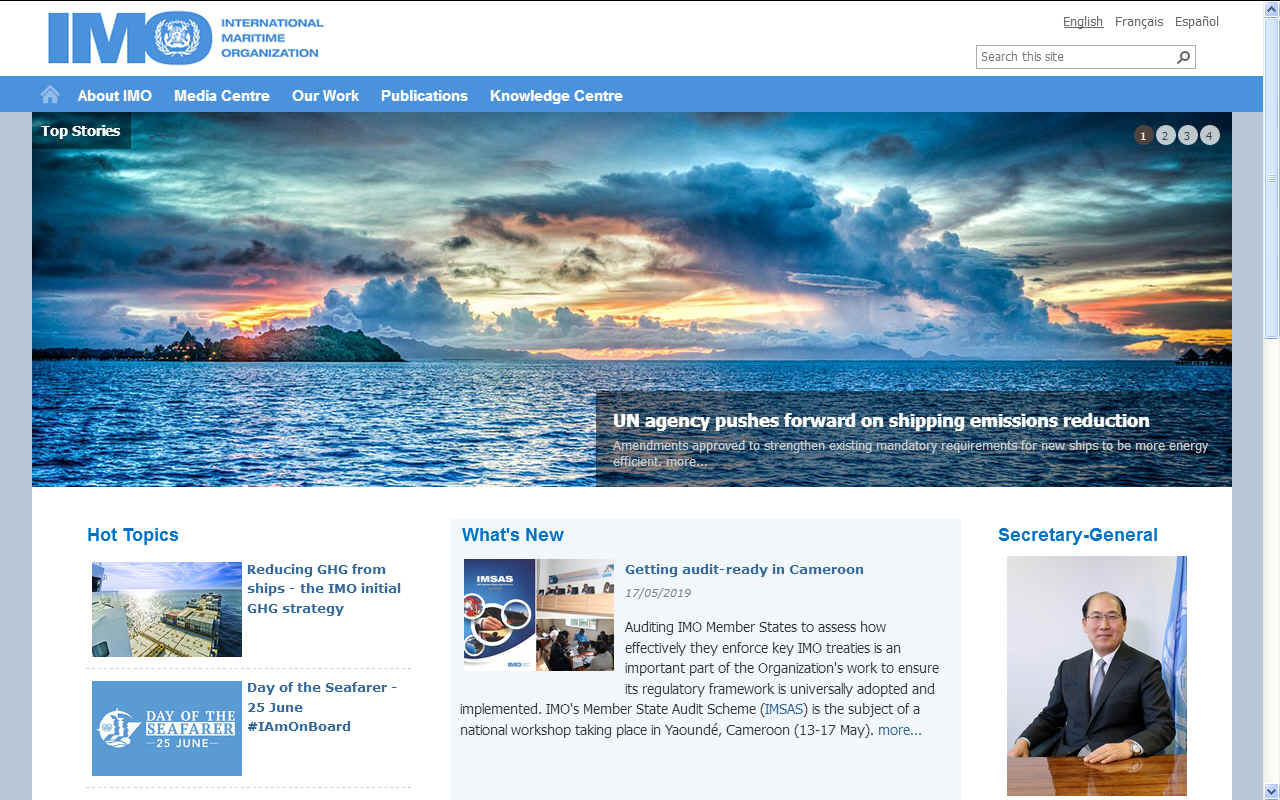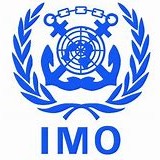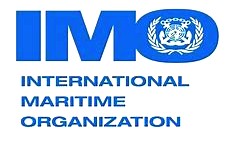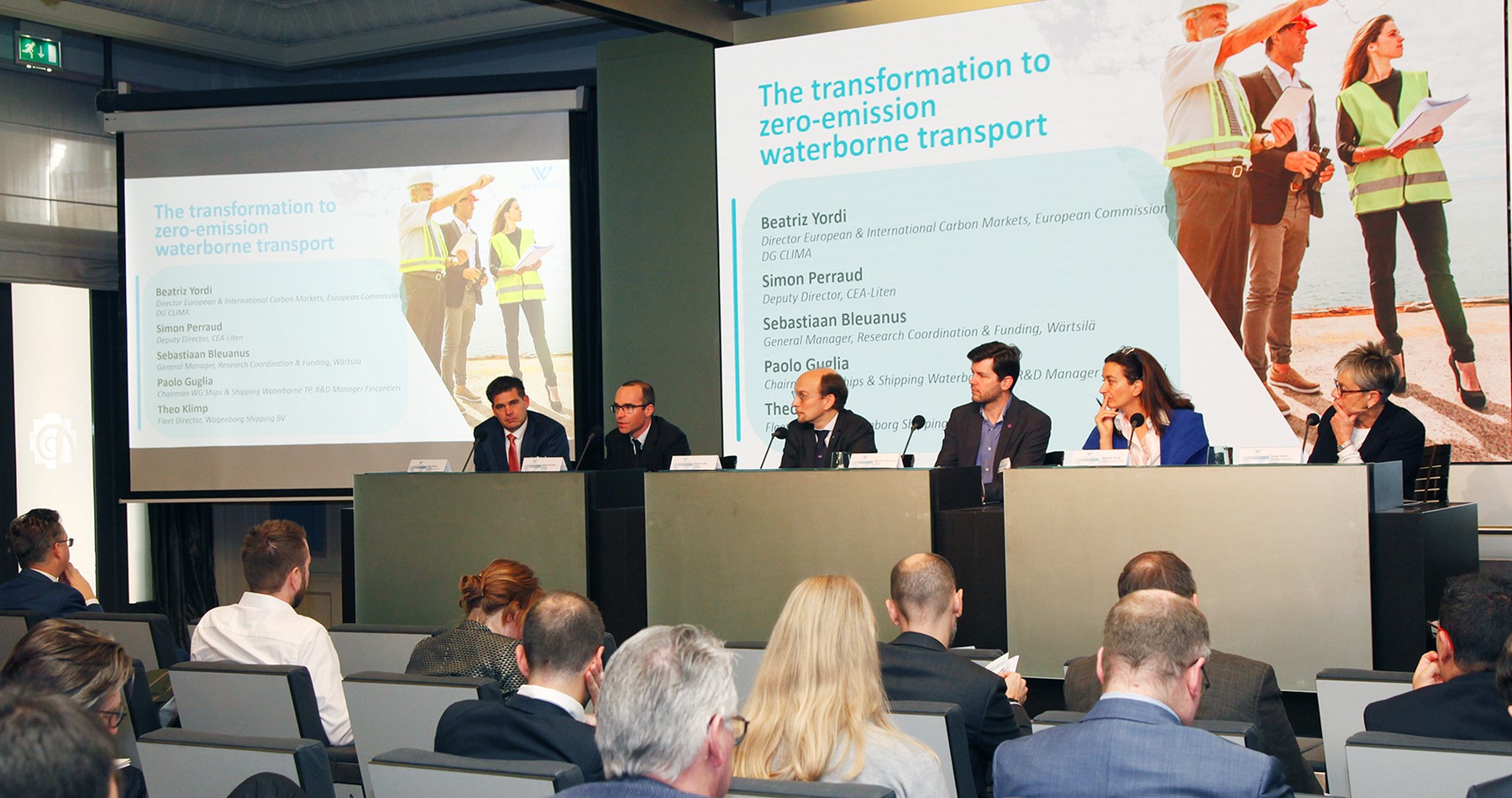|
IMO - INTERNATIONAL MARITIME ORGANIZATION
ZERO-EMISSION SHIPPING TARGETS 2030 - 2100
Please use our A-Z to navigate this site, or cruise HOME
|
|
|
|
THE IMO IS KEEN TO CLEAN UP OUR OCEANS, WITH TARGETS THAT ARE ACHIEVABLE, PROVIDED THAT THE SHIPPING INDUSTRY DEFINES WHAT ARE THE MOST PRACTICAL SOLUTIONS. PRACTICAL BEING COST EFFECTIVE AND SUSTAINABLE.
|
|
The IMO have introduced legally binding targets to clean up smoke from stacks of ships powered by high sulfur, heavy diesel oils, commonly called bunker fuels. The name derives from coal bunkers. Coal, being the first bunker fuel, a very dirty way to fire steam engines. But, it gave us reliable scheduled deliveries, that sailing ships could not always meet.
In 2018 historic targets were agreed within International Maritime Organization (IMO) to cut the total net global GHG emissions from international shipping:
- by at least 40% by 2030 compared to a 2008 benchmark
- by at least 50% by 2050, to reduce carbon intensity,
-
and to completely (100%) decarbonise shipping by the end of the century;
2100.
Bunkering of renewable fuels is something that the Cleaner Ocean Foundation identified as the Achilles-Heel of international shipping many years ago. The move to Liquid Natural Gas (LNG) as a stop gap, did not really take off. And the goal posts have moved in any event, due to the International Maritime Organization's (IMO's) latest targets for 2030, 2040, 2050, and 100% zero emissions by 2100, as indicated above.
These targets may sound like along way off, but it is only around the corner, if the shipping industry is to transition. Where shipping involves significant investment over ten to twenty years of depreciation. And, the whole industry is profit driven - as are most businesses, so are not prone to rash decision making. In other words change is slow.
IMO HISTORY
CONTACT IMO
|
|
POSSIBLY THE WORLD'S FASTEST HYDROGEN YACHT - Unconventional projects from maverick eco entrepreneurs are most welcome as entries to the JVH2. Why not form your own racing team and help the world blaze a trail to zero emission shipping.
|
|
Please use our A-Z INDEX to navigate this site, or cruise HOME
This website is Copyright © 2022 Jameson Hunter & Cleaner Ocean Foundation Ltd, equal opportunities companies. This website is carbon friendly, using less energy to load on average per page via simplicity & picture optimization. The same may not apply to third party links. The 'JVH2'© logo and names 'Jules Verne Hydrogen Trophy'™ are trademarks.
|
